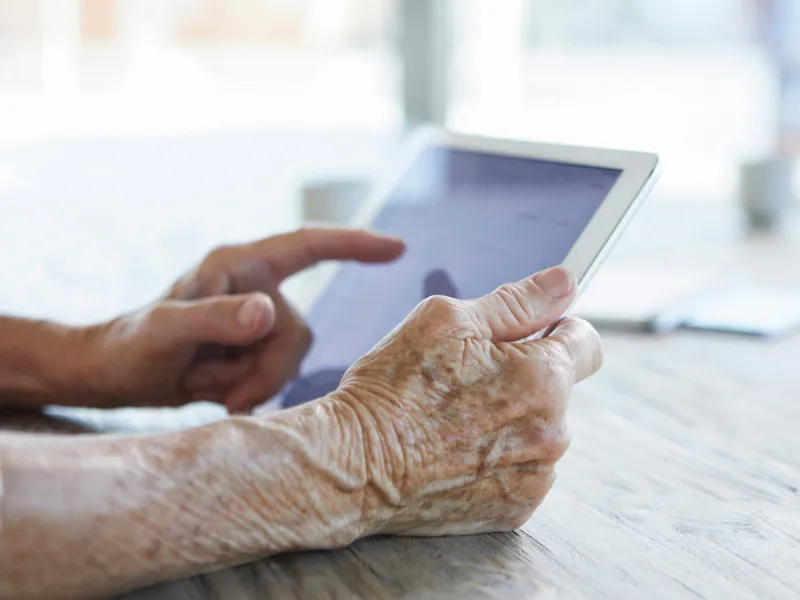Joint statement on Civil Service Pension Scheme (CSPS)
Update from Catherine Little CB, Civil Service Chief Operating Officer, and Adolfo Hernandez, Capita CEO, to address issues affecting CSPS members.
Read moreThis is your hub for fresh insights, impactful case studies, and the latest news shaping our work across industries. Discover how we’re turning bold thinking into real-world solutions, and stay informed on the trends, innovations, and stories driving transformation.

Update from Catherine Little CB, Civil Service Chief Operating Officer, and Adolfo Hernandez, Capita CEO, to address issues affecting CSPS members.
Read more
Capita, a leading AI-led UK business process outsourcer, has today announced a multi-year agreement with Snowflake, the AI Data Cloud company.
Read more
Capita has implemented CallSight, a scalable AI platform to enhance agent call management for financial services for more efficient, compliant customer service.
Read more
Capita plc announces its pensions business has secured a contract renewal with an existing UK client effective from Q1 2026, valued at £137 million for a total term up to 10 years.
Read more
Capita has secured a new contract with Emovis, a leading provider of electronic toll payment solutions, to deliver print and fulfilment services related to the Dartford Crossing.
Read more
We look at the opportunities for procurement teams to make savings in pharmacy spend.
Read more
We look at the opportunities for procurement teams to make savings in pharmacy spend.
Read more

Capita provides an update for Civil Service Pensions Scheme (CSPS) members on service delivery.
Read more
Capita shares their expertise on how financial services, TMT, retail, and utilities are addressing 2026’s CX challenges and opportunities.
Read more
In 2026, CX in the UK, Ireland, and Europe blends AI, personalisation, and trust, balancing automation with human empathy and meeting sector-specific needs.
Read more